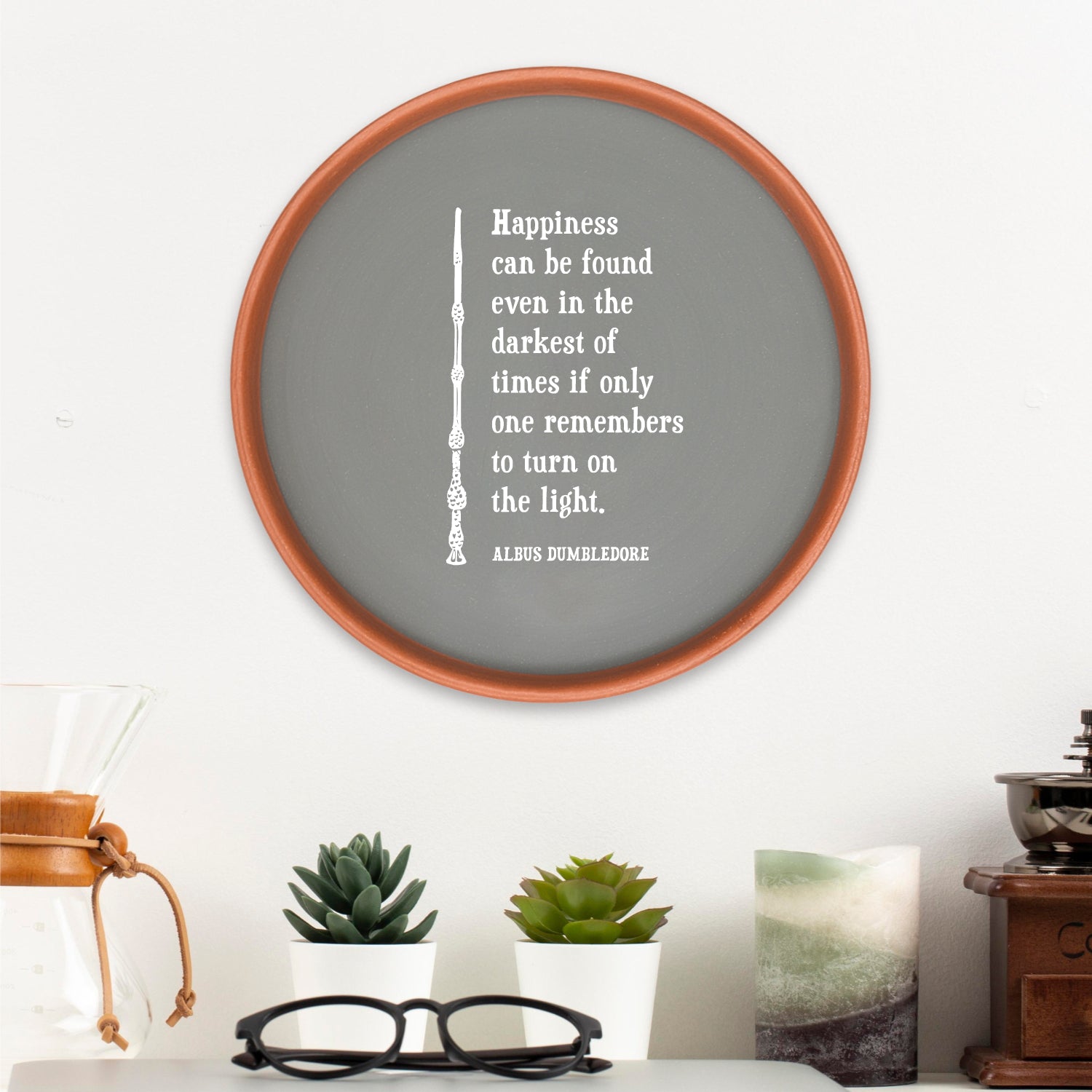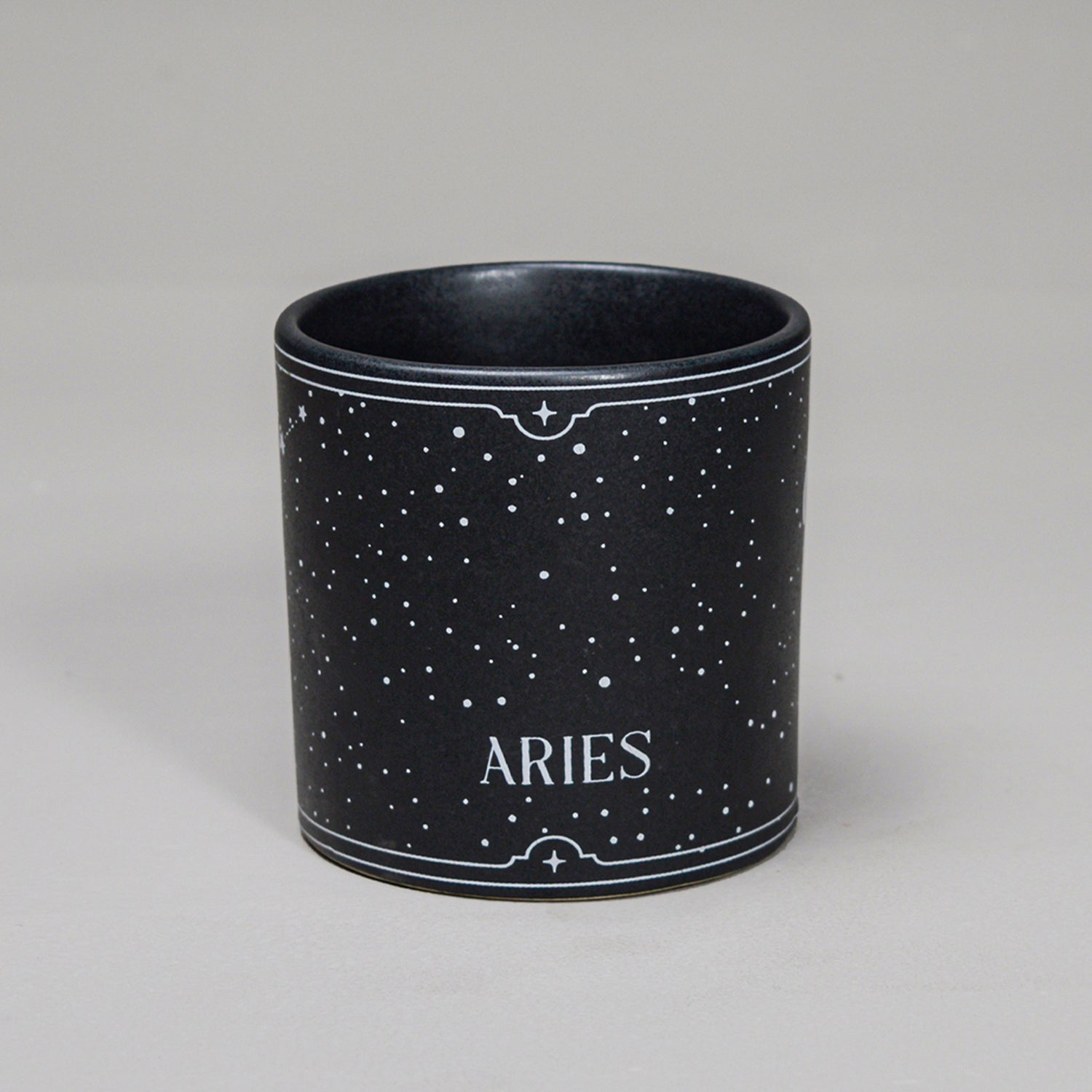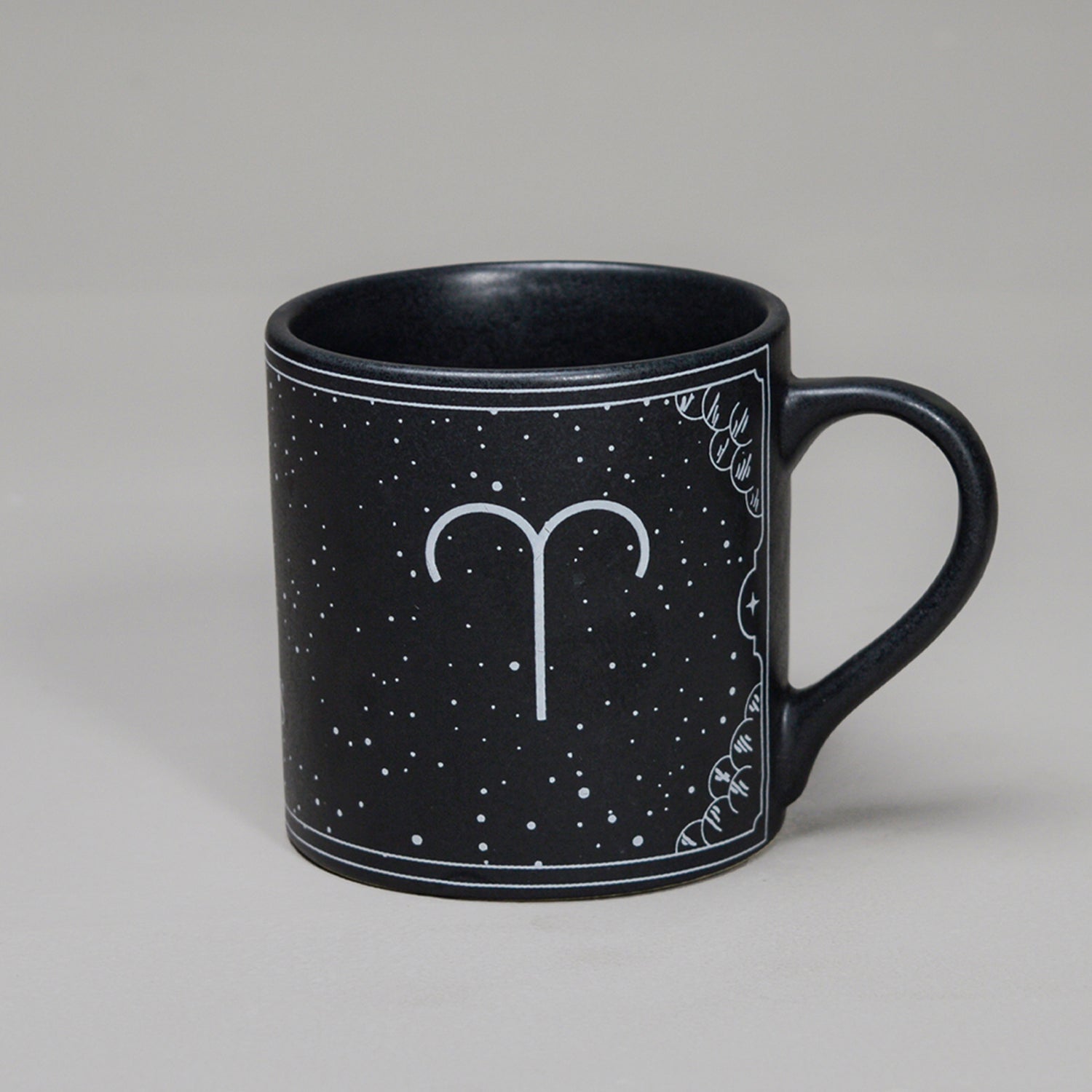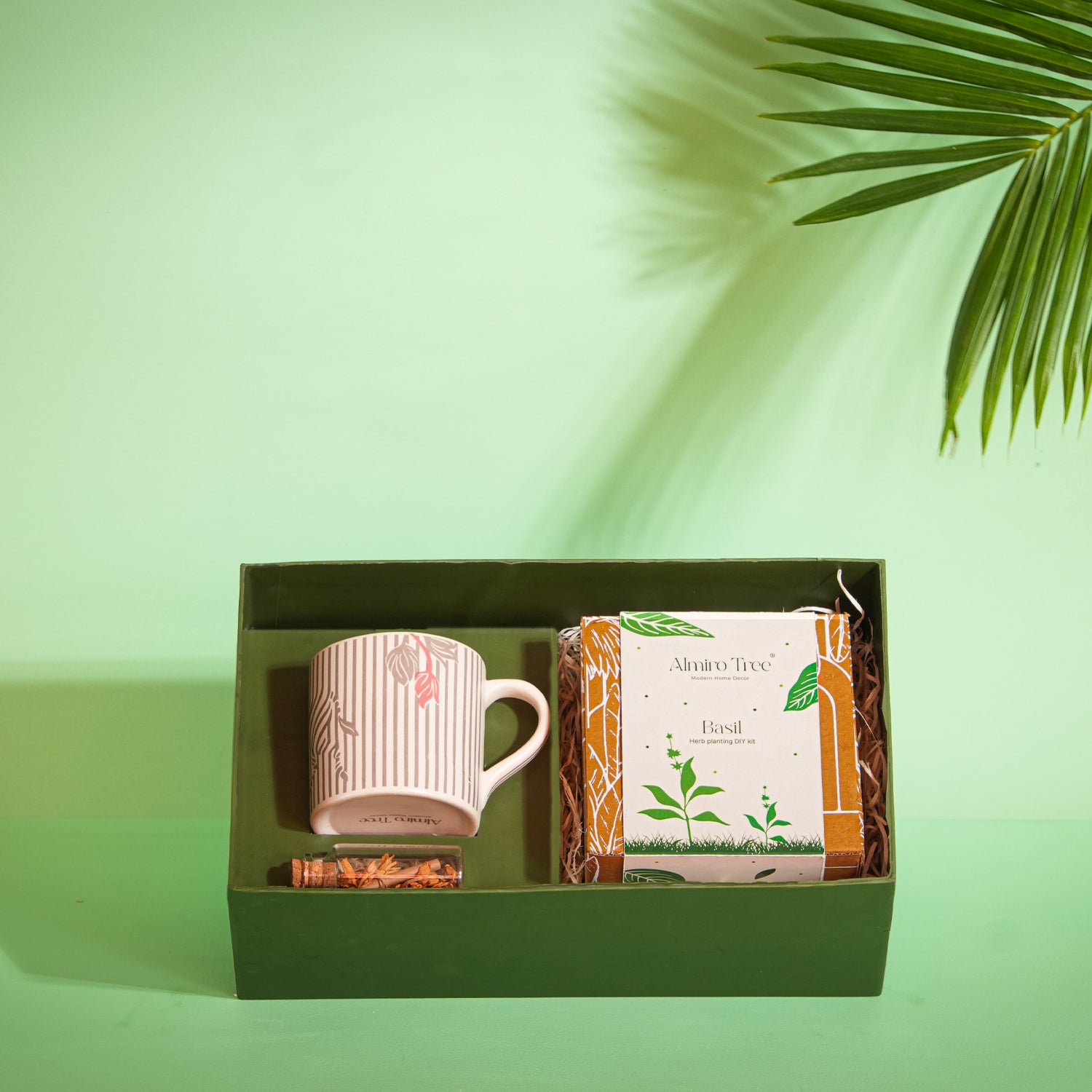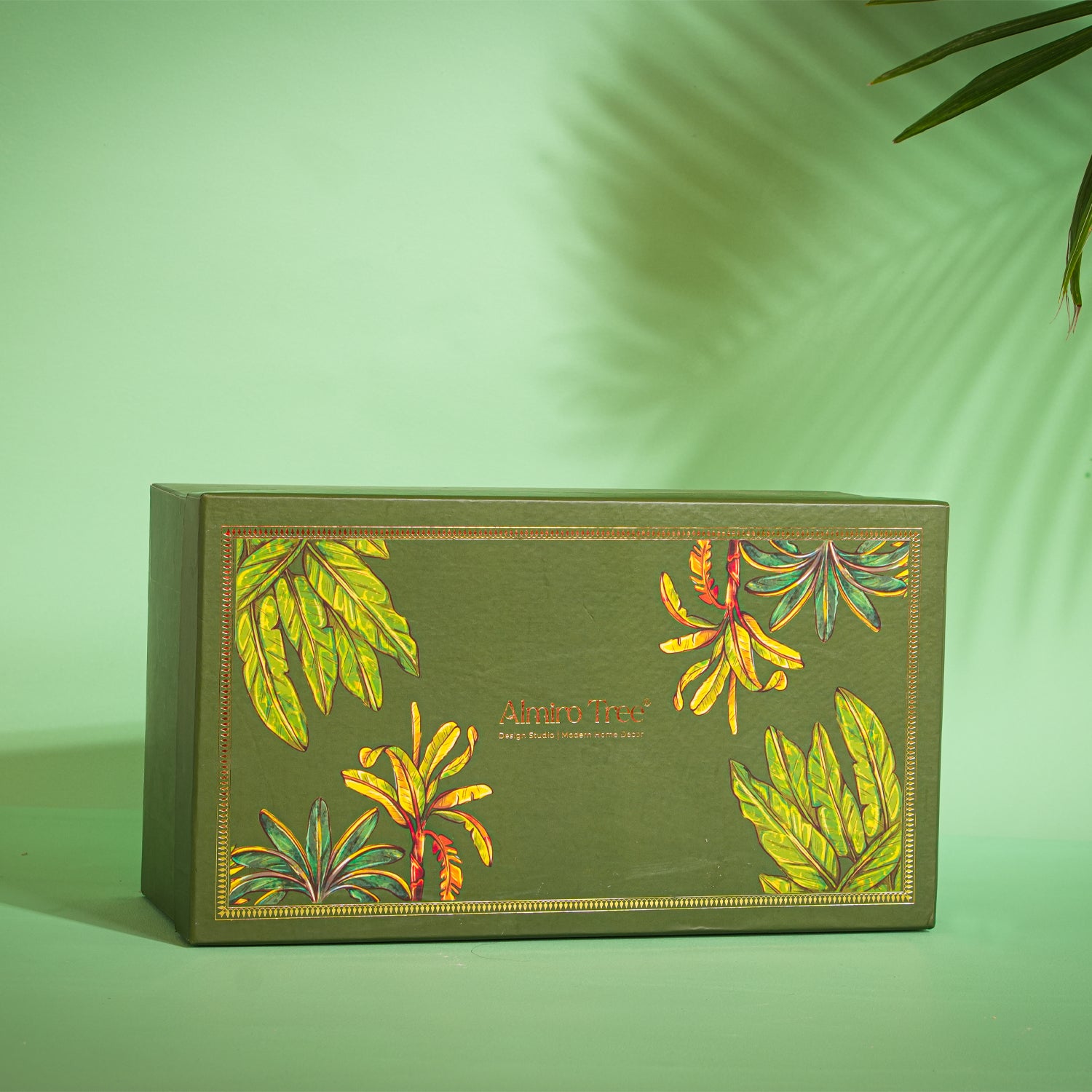Diwali 2024: A Comprehensive Guide to India’s Festival of Lights
Diwali, also known as Deepavali, is one of the most significant festivals celebrated across India and many other parts of the world. Known as the "Festival of Lights," Diwali is a time for celebration, joy, and reflection. It symbolizes the victory of light over darkness, good over evil, and knowledge over ignorance. Diwali is not just a festival; it is a cultural phenomenon that brings people from different walks of life together in celebration. In 2024, Diwali is expected to be celebrated with even more grandeur, as it falls on November 1st, just at the onset of winter, marking a perfect time to reflect, rejoice, and renew.
This comprehensive guide aims to explore the festival's history, significance, customs, and modern-day interpretations. We will take a deep dive into the various regional traditions, religious aspects, eco-friendly Diwali trends, and how Diwali has evolved in the global context.
Historical Significance of Diwali
Diwali has a long and storied history that dates back thousands of years. Its roots are deeply embedded in Hindu mythology and religion, though the festival is also celebrated by Jains, Sikhs, and Buddhists with varying customs and rituals.
-
Hindu Tradition: In Hinduism, Diwali is celebrated to honor the return of Lord Rama to his kingdom of Ayodhya after a 14-year exile and his victory over the demon king Ravana. The people of Ayodhya lit oil lamps (diyas) to illuminate the path for their beloved king, symbolizing the victory of good over evil.
-
Jainism: For Jains, Diwali marks the day when Lord Mahavira, the 24th Tirthankara, attained Nirvana or eternal liberation. This is considered one of the most important festivals in the Jain community.
-
Sikhism: Sikhs celebrate Bandi Chhor Divas, which coincides with Diwali, to commemorate the release of Guru Hargobind Ji, the sixth Sikh Guru, from imprisonment along with 52 other princes.
-
Buddhism: In certain sects of Buddhism, particularly the Newar Buddhists of Nepal, Diwali is celebrated to honor Emperor Ashoka's conversion to Buddhism and his subsequent efforts to promote peace and non-violence.
The Five Days of Diwali
Diwali is not just a single-day event; it is a five-day-long festival, with each day having its own unique significance and rituals.
-
Day 1 - Dhanteras: The festival begins with Dhanteras, a day dedicated to wealth and prosperity. People clean and decorate their homes, buy new utensils, gold, or silver items, and perform rituals to honor Dhanvantari, the god of health and Ayurveda, and Goddess Lakshmi, the goddess of wealth.
-
Day 2 - Naraka Chaturdashi (Choti Diwali): On this day, people remember Lord Krishna's victory over the demon Narakasura. The day is marked with early morning rituals, oil baths, and the lighting of diyas in the evening. This day is considered a preparation for the grand Diwali celebrations.
-
Day 3 - Lakshmi Puja: This is the main day of Diwali, where people worship Goddess Lakshmi, seeking her blessings for wealth, prosperity, and happiness. Homes are lit up with oil lamps and decorated with rangolis, while families come together to perform the Lakshmi Puja. Fireworks and crackers add to the festive spirit.
-
Day 4 - Govardhan Puja (Annakut): In certain regions of India, this day is celebrated as Govardhan Puja, where people commemorate Lord Krishna's lifting of the Govardhan Hill to protect the people of Vrindavan from the wrath of Indra, the rain god. In North India, this day is also known as Annakut, where various food items are offered to Lord Krishna as a form of gratitude.
-
Day 5 - Bhai Dooj: The festival concludes with Bhai Dooj, a day dedicated to the bond between brothers and sisters. On this day, sisters pray for their brothers' long life and well-being, while brothers offer gifts to their sisters as a token of love and appreciation.
Rituals and Customs
Diwali is rich in rituals and customs, many of which have deep spiritual and cultural significance. The customs vary across regions, but the essence of Diwali remains the same: the celebration of light, prosperity, and family bonds.
-
Cleaning and Decoration: In the days leading up to Diwali, people thoroughly clean their homes and offices to welcome Goddess Lakshmi. This is symbolic of driving away negativity and making space for prosperity and good fortune. The cleaning is followed by the decoration of homes with colorful rangolis, torans (door hangings), and oil lamps.
-
Lighting Diyas: The lighting of oil lamps (diyas) is one of the most iconic aspects of Diwali. Diyas symbolize the victory of light over darkness and are placed in and around homes to attract positive energy and divine blessings.
-
Lakshmi Puja: The main ritual of Diwali is the worship of Goddess Lakshmi. Families perform the puja with offerings of sweets, fruits, flowers, and coins. Special mantras and hymns are recited to invoke the blessings of the goddess. In some regions, Lord Ganesha, the remover of obstacles, is also worshipped alongside Lakshmi.
-
Exchanging Gifts and Sweets: Diwali is a time of sharing and giving. Families and friends exchange gifts, sweets, and dry fruits as a gesture of goodwill and prosperity. Sweets like laddoos, barfis, and kaju katlis are prepared in abundance during this time.
-
Bursting Firecrackers: Fireworks are an integral part of Diwali celebrations. People burst crackers to celebrate the victory of good over evil and to ward off evil spirits. However, in recent years, there has been growing awareness about the environmental and health impacts of fireworks, leading many to opt for eco-friendly alternatives.
-
New Clothes: Wearing new clothes on Diwali is considered auspicious. People dress up in traditional attire, often in vibrant colors, symbolizing joy, freshness, and a new beginning.
Regional Variations in Diwali Celebrations
Diwali is celebrated in different ways across the various regions of India, each adding its own unique flavor to the festival. While the essence of the festival remains the same, the customs and traditions can vary significantly.
-
North India: In states like Uttar Pradesh, Delhi, and Rajasthan, Diwali is celebrated with immense grandeur. Homes and markets are brightly lit, and the entire region comes alive with the sounds of crackers and devotional songs. Lakshmi Puja is the main highlight, followed by fireworks and the exchange of sweets.
-
South India: In South India, Diwali begins with an early morning oil bath, symbolizing purification. The focus is on Naraka Chaturdashi, celebrating Lord Krishna's victory over Narakasura. In Tamil Nadu, the festival is more subdued but still marked by the lighting of lamps and special prayers.
-
West India: In Gujarat, Diwali is linked with the new financial year. Businesses start new account books, and prayers are offered to Goddess Lakshmi for a prosperous year ahead. The day after Diwali, called Bestu Varas, marks the Gujarati New Year.
-
East India: In West Bengal, Diwali coincides with Kali Puja, where people worship Goddess Kali. The festivities are marked by the lighting of lamps, bursting of crackers, and the performance of special rituals to honor the goddess of destruction and renewal.
The Spiritual Essence of Diwali
While Diwali is often associated with lights, gifts, and fireworks, its true essence lies in the spiritual teachings that it represents.
-
Victory of Light Over Darkness: The lighting of diyas and the bursting of crackers symbolize the triumph of light over darkness, both literally and metaphorically. Diwali reminds us that no matter how difficult the situation, goodness, truth, and light will eventually prevail.
-
Inner Cleansing: The cleaning of homes before Diwali symbolizes the cleansing of the mind and soul. It encourages us to remove negative thoughts and emotions and make space for positivity, hope, and divine grace.
-
Forgiveness and Gratitude: Diwali is also a time for forgiveness, letting go of past grudges, and starting anew. The festival encourages us to express gratitude for the blessings in our lives and to share our wealth and happiness with others.
-
Self-Reflection: Diwali provides an opportunity for introspection and self-reflection. It encourages us to examine our actions, seek spiritual growth, and align ourselves with dharma (righteousness).
Eco-Friendly Diwali
In recent years, there has been a growing awareness about the environmental impact of Diwali celebrations. The excessive use of firecrackers has led to issues such as air pollution, noise pollution, and health hazards. As a result, many people have started opting for eco-friendly alternatives to celebrate the festival.
-
Green Crackers: Several governments have promoted the use of green crackers, which produce less pollution and are made from safer materials. These crackers are designed to reduce emissions by up to 30%, making them a more environmentally friendly option.
-
Organic Rangoli Colors: Instead of using synthetic rangoli colors that may contain harmful chemicals, people are now opting for organic, natural colors made from turmeric, rice flour, and flower petals. These eco-friendly alternatives not only protect the environment but also add a touch of nature to the decorations.
-
Clay Diyas and Solar Lights: To reduce plastic waste and electricity consumption, many people are turning to clay diyas and solar-powered lights. Clay diyas are biodegradable and support local artisans, while solar lights offer a sustainable way to illuminate homes during the festival.
-
Waste-Free Celebrations: There is also a growing trend towards waste-free celebrations, where people focus on minimalism and sustainability. This includes reducing the use of plastic decorations, reusing old materials, and avoiding single-use items.
Diwali and Its Global Influence
Diwali is no longer confined to the Indian subcontinent. The festival has gained immense popularity in countries with significant Indian diaspora communities, such as the United States, the United Kingdom, Canada, Australia, and Singapore. In many of these countries, Diwali has become a symbol of multiculturalism and unity, bringing together people from different backgrounds to celebrate the values of light, peace, and harmony.
-
Diwali in the United States: Diwali is celebrated with great enthusiasm by the Indian-American community. Cities like New York, San Francisco, and Houston host grand Diwali events, complete with cultural performances, fireworks, and traditional feasts. In 2021, the U.S. Congress even introduced a resolution to recognize Diwali as a national holiday.
-
Diwali in the United Kingdom: The UK, with its large Indian-origin population, witnesses grand Diwali celebrations, particularly in cities like London, Leicester, and Birmingham. Leicester's Diwali celebrations are among the largest outside India, attracting thousands of people every year.
-
Diwali in Singapore: Singapore, home to a diverse population with a significant Indian community, celebrates Diwali with vibrant street decorations, light displays, and cultural performances. The Little India district comes alive with festive markets, traditional sweets, and diya-lit streets.
The Commercial Aspect of Diwali
Diwali is also a time for significant economic activity, as it marks the peak of the festive shopping season in India. Retailers, both online and offline, offer huge discounts and sales on various products, including clothing, electronics, home appliances, and jewelry. The festival sees a surge in consumer spending, with people purchasing gifts for their loved ones and new items for their homes.
-
Diwali Shopping Spree: The weeks leading up to Diwali witness a shopping frenzy, with people flocking to markets and malls to buy clothes, decorations, sweets, and gifts. The trend of online shopping has also gained momentum, with e-commerce giants like Amazon and Flipkart offering massive Diwali sales.
-
Gold and Jewelry Purchases: Gold is considered an auspicious metal in Indian culture, and Diwali is one of the most popular times for buying gold and jewelry. Dhanteras, the first day of Diwali, is particularly significant for gold purchases, as it is believed to bring good fortune.
-
Real Estate and Automobiles: Diwali is also a favorable time for making big-ticket purchases like real estate and automobiles. Many people consider it an auspicious time to buy a new home or car, and builders and automobile companies often offer attractive deals and discounts during this period.
Diwali Recipes and Culinary Traditions
No festival in India is complete without an array of delicious food, and Diwali is no exception. The festival is known for its rich culinary traditions, with a variety of sweets, snacks, and savory dishes prepared in households across the country.
-
Sweets (Mithai): Diwali is synonymous with sweets, and every region has its own special delicacies. Some of the most popular Diwali sweets include:
- Laddoos: Round, sweet balls made from ingredients like gram flour, semolina, or coconut, often flavored with cardamom and garnished with nuts.
- Barfis: Fudge-like sweets made from condensed milk and sugar, available in various flavors like pistachio, almond, and coconut.
- Kaju Katli: A diamond-shaped sweet made from cashew nuts and sugar, often topped with edible silver foil.
- Gulab Jamun: Soft, syrupy dumplings made from milk solids and soaked in rose-flavored sugar syrup.
-
Savory Snacks: In addition to sweets, Diwali is also a time for preparing and enjoying savory snacks. Some popular snacks include:
- Namakpare: Crispy, deep-fried strips of dough seasoned with salt and spices.
- Chakli: A spiral-shaped snack made from rice flour and spices, deep-fried to perfection.
- Samosas: Triangular pastries filled with spiced potatoes, peas, or lentils, and deep-fried until golden and crispy.
-
Feasting and Sharing: Diwali is a time for feasting, and families come together to prepare elaborate meals. The food is often shared with neighbors, friends, and extended family members as a gesture of goodwill and togetherness.
Conclusion: The Everlasting Spirit of Diwali
Diwali 2024 promises to be a time of immense joy, reflection, and renewal. As we prepare to celebrate this ancient festival, let us remember its true essence—the victory of light over darkness, good over evil, and knowledge over ignorance. Whether through traditional rituals, eco-friendly practices, or global celebrations, the spirit of Diwali continues to shine bright, bringing hope, peace, and prosperity to all.
This Diwali, may the light of diyas guide you on the path of wisdom and happiness, and may Goddess Lakshmi bless you with health, wealth, and success in all your endeavors. Happy Diwali 2024!




















